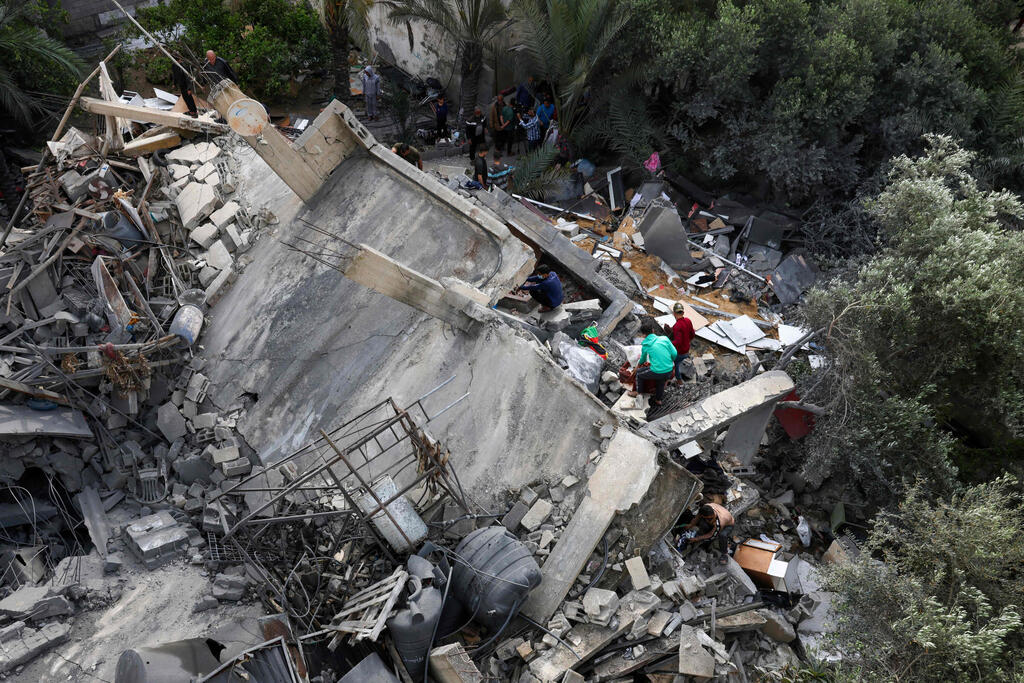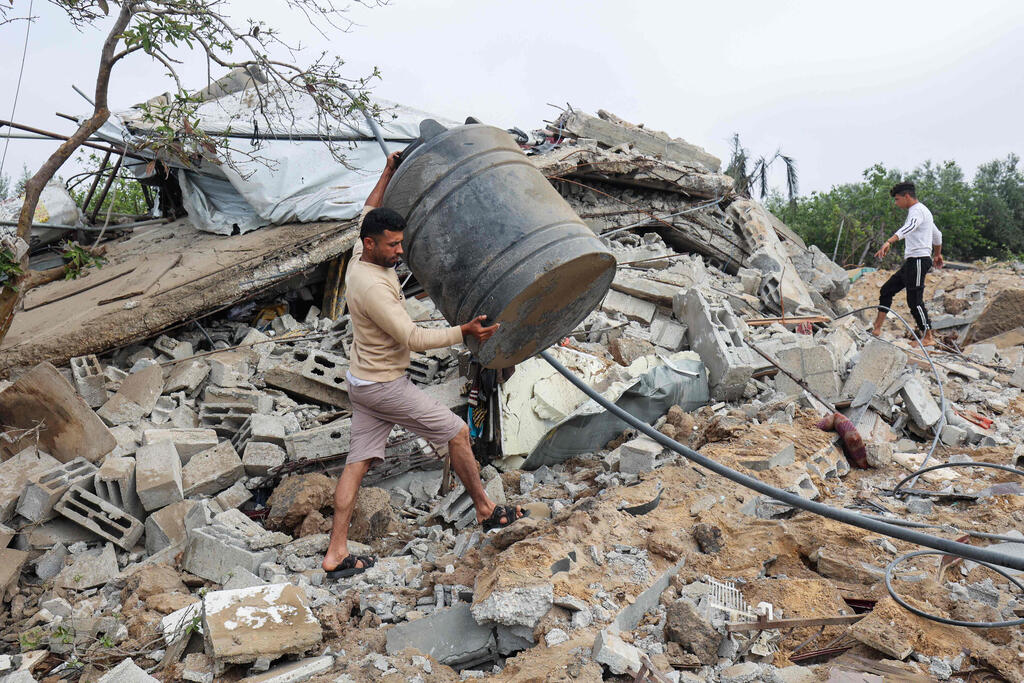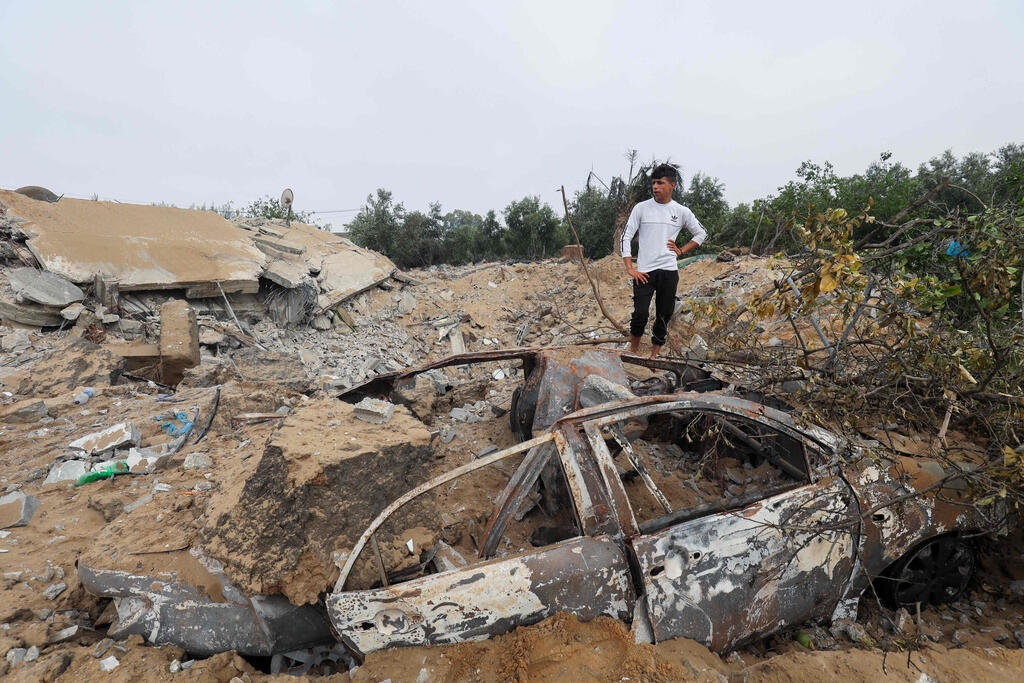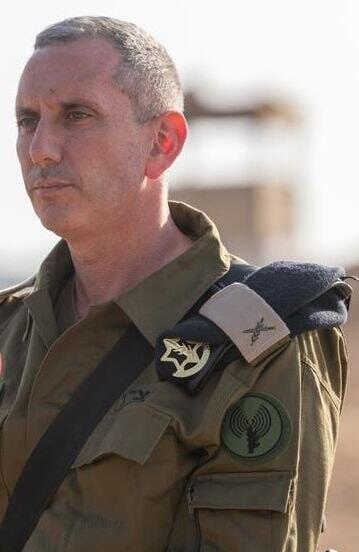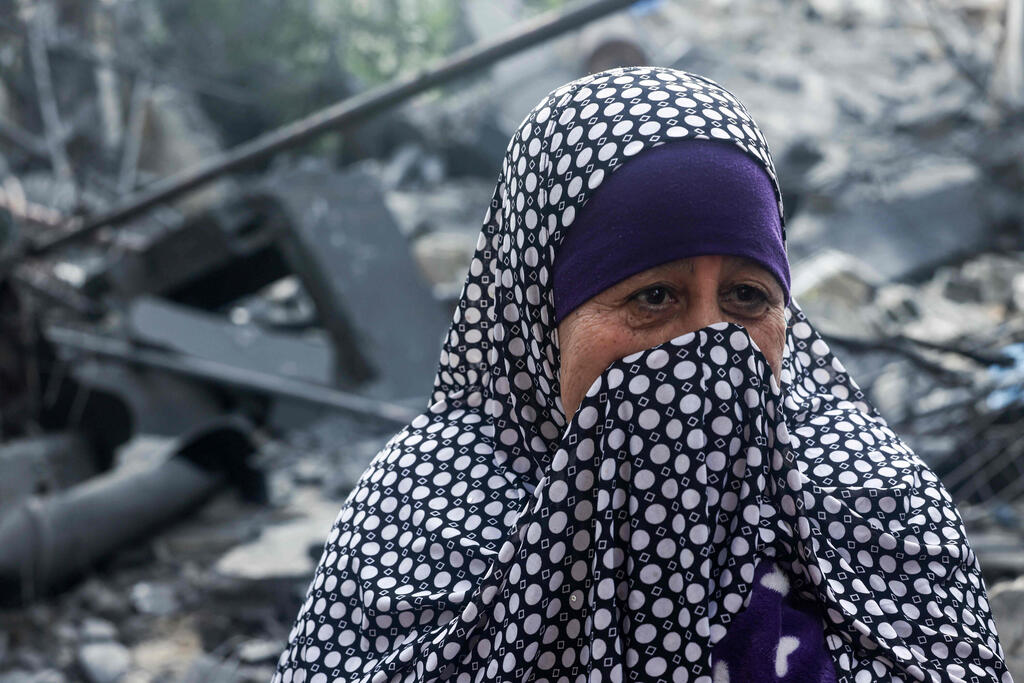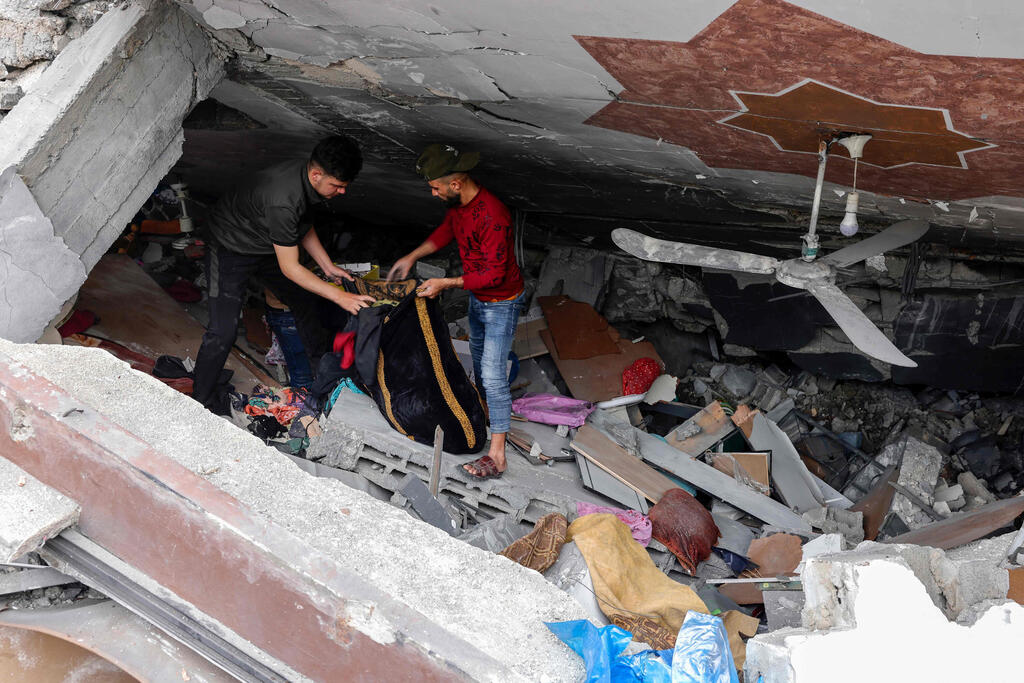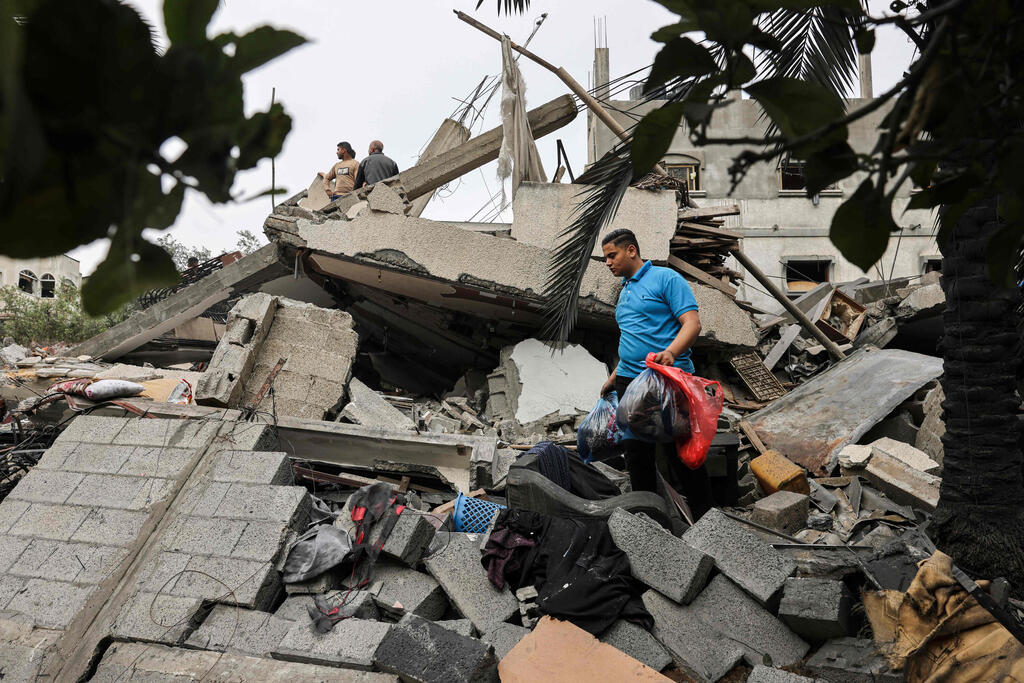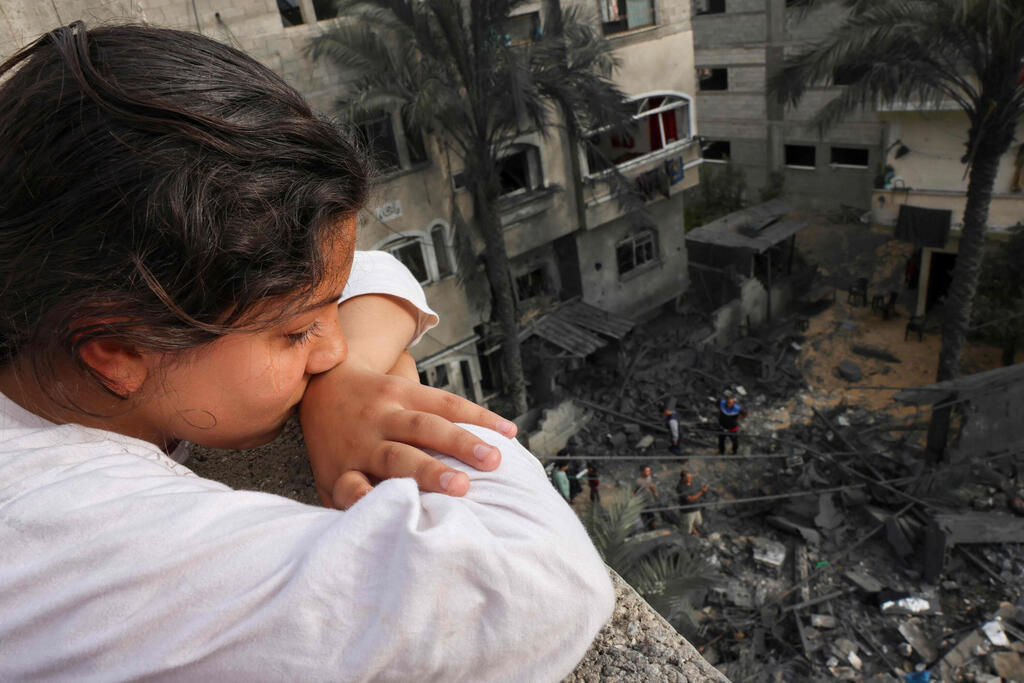Getting your Trinity Audio player ready...
Rocket fired from Gaza crashes in backyard of Ashkelon home
(Video: Nadav Eves)
The Israel Defense Forces resumed strikes on terrorist targets in the Gaza Strip Thursday morning as Operation Shield and Arrow against Islamic Jihad entered its third day.
More Stories:
The IDF launched an attack on Islamic Jihad rocket-launching positions in the northern Gaza Strip – about an hour after rockets were fired towards Nirim and Kisufim adjacent to the Gaza border. There were no reports of casualties or property damage.
The Ashkelon Regional Council also reported identifying rocket impact in open areas in its territory.
The IDF later announced that it had targeted Islamic Jihad mortar launchers in the northern Strip. Meanwhile, Egyptian-mediated efforts toward a cease-fire continue in the background.
Speaking to the Ynet studio, IDF spokesman Read Admiral Dani Hagari stated that the military and Shin Bet internal intelligence service are operating with unprecedented synergy, leading to the successful killing of the head of the Islamic Jihad's rocket forces, Ali Hassan Ghali, in his hideout in Khan Younis in the southern Strip early Thursday.
9 View gallery
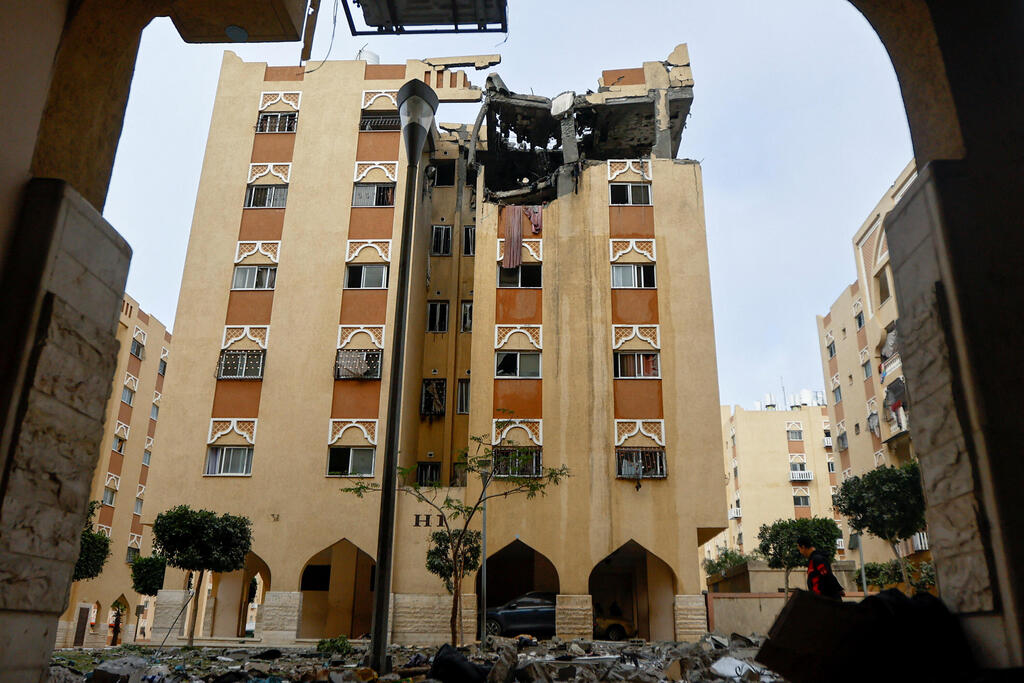

Safehouse of Islamic Jihad rocket unit commander Ali Ghali after Israeli airstrike, in Khan Younis, Gaza
(Photo: Reuters)
"We must distinguish between last night's attack and the attacks we carried out at the beginning of the conflict because it is challenging to locate people in hiding," said Hagari. "We discovered Ghali’s safehouse and the Air Force executed a swift plan, hitting only his hideout. Ghali was responsible for the 507 missile launches toward Israel [Wednesday] and was killed last night, along with two other high-ranking militants who were with him.
The IDF and Shin Bet have been working together for years, but what characterizes the recent period is that we are generating joint capabilities. We train together on operational methods. For example, just yesterday, [IDF] Chief of Staff [Herzi Halevi] and Shin Bet [Director Ronen Bar] sat together in a bunker. It should be understood that working together through partnership in combat produces better results and achievements. Our capabilities become more complex, enabling us to achieve successes even mid-conflict."
According to Hagari, "This synergy is not only apparent in Gaza but also in the West Bank, in the Central Command, night after night in a coordinated manner. This successful effort has been ongoing for years and is continuously improving."
When asked why Islamic Jihad was able to launch rockets despite strikes on launchers and firing mechanisms, Hagari replied that "our attacks are precise, but attacking rockets is always a complex matter, especially when they are located in one of the most densely populated areas in the world, and their locations change constantly. We are no longer dealing with militants who come with a launcher, but with rockets that are timed and this makes it more complex. It challenges us, and we are developing new methods."
Cease-fire? 'Islamic Jihad is getting humiliated'
The IDF spokesperson also addressed the ongoing ceasefire negotiations, stating that "the diplomatic echelons are dealing with it, and until there is an official announcement and a finalized agreement, we will continue to defend and attack as required. It is not easy to deal with a large number of actors that we need to come to an agreement with. We hope that this will happen, but until then, nothing is final.”
Earlier Thursday, a senior Israeli official told Ynet that "It's in everyone's interest to wrap up [the campaign], but Islamic Jihad is getting humiliated so bad that it's struggling to come to terms with its complete lack of achievements and zero Israeli casualties."
According to foreign media reports, a cease-fire was supposed to come into effect at midnight but the IDF killed the head of Islamic Jihad's rocket unit at around 1:30am, along with his brother - Mahmoud Hassan Ghali, a commander in the military wing of Islamic Jihad - and another Islamic Jihad operative identified as Mohammed Abed Al-Jawad.
However, a diplomatic source stated that cease-fire negotiations continued afterward and throughout the night. According to the source, "the cease-fire may be delayed, but it has not broken down - and there is no doubt that Islamic Jihad will respond to the assassination."
The international mediators - Egypt, Qatar, the UN, and the United States - worked throughout the night to advance cease-fire negotiations. The Islamic Jihad’s three key demands remain the main obstacle to an agreement.
First, Israel's targeted killing policy must stop; second, the cancellation of the nationalist Flag March on Jerusalem Day, which the government announced Wednesday will follow its usual route through the Old City’s Damascus Gate; and third, the return of the body of the security prisoner Khader Adnan, whose death led to the firing of 104 rockets towards Israel last week which sparked the current bout of fighting.
Earlier Thursday, IDF spokesman Hagari said that of the 507 rockets launched at Israel by Palestinian Islamic Jihad as of Thursday morning, some 110 fell short of the Gaza Strip border.
Video shows Israel Air Force officers call off an airstrike after two Palestinian children identified in the area
(Video: IDF Spokesperson's Unit)
One of the incidents occurred when a rocket from a failed launch landed in Beit Hanoun in northern Gaza killing Rami Shadi Hamdan, 16, and Ahmed Muhammad a-Shabaki, 51. In a second incident, a failed rocket launch in Gaza City killed Layan Bilal Mohammad Abdullah Mdoukh, 10, and Yazan Jawdat Fathi Elayyan, 16, according to the IDF.
Also on Thursday morning, the IDF released a video of officers from the 200 Squadron of the Israel Air Force who can be heard calling off a drone strike in the Gaza Strip on an Islamic Jihad target after detecting two children in the area.





